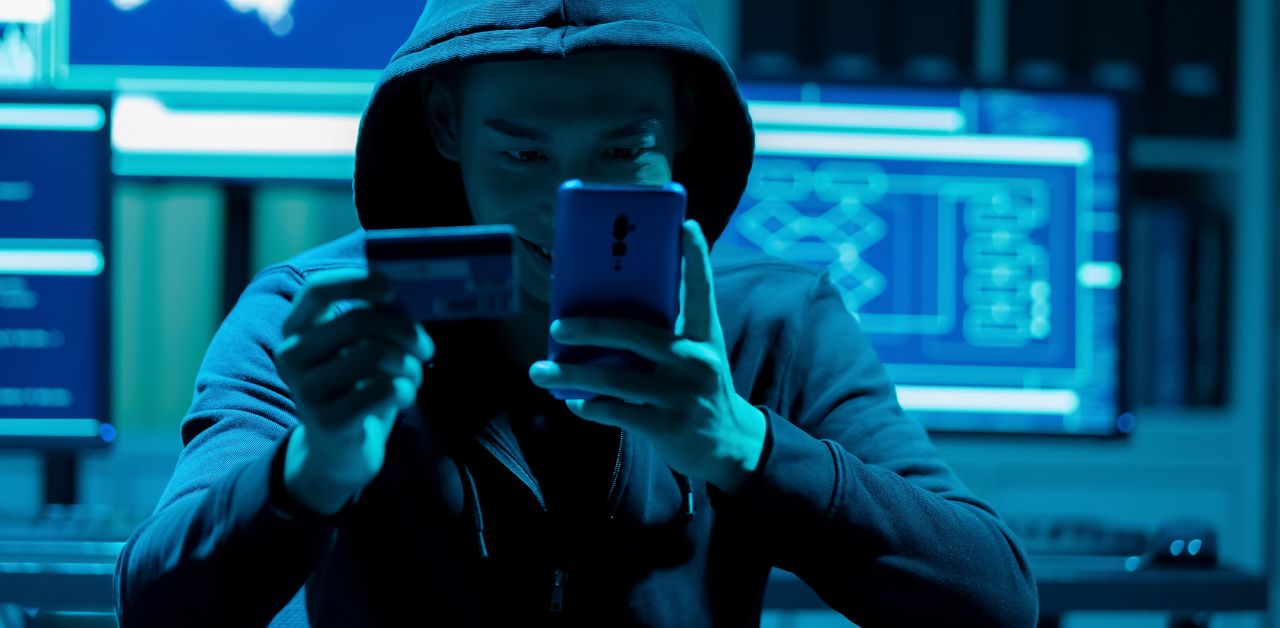Cell phone companies like T-Mobile, Verizon, and AT&T all have been prone to breaches. Since your data is stored on their servers, it's best not to rely on them to completely keep your call or text data safe. Here are some easy tips to protect your phone from hackers.
Boost Your Security
You’re probably familiar with multi-factor authentication (MFA) by now. If you sign into an account and it requires a code on an app or text, that’s multi-factor.
A great option for MFA is an app like Google Authenticator or Authy. A Yubikey is a great alternative if you want to use a physical form of MFA.
The big three phone providers - AT&T, T-Mobile, and Verizon - all have the option to set up a Number Transfer PIN. You should consider turning this on.
That way, if a hacker tried to access your phone via SIM swapping, they would need that PIN to port your number to their SIM card.
Once you've set up this PIN, write it down and store it someplace safe offline.

Be Careful When Storing Data
Consider moving sensitive files off your phone. If there are some private documents you downloaded to share quickly, delete them.
The extremely sensitive and important files should be backed up with the 3-2-1 principle.
It's convenient to keep photos on your phone. But if these pictures have been there for a while but you want to keep them, consider storing them offline on an external drive.
Old text threads with private information like emails, names, and addresses should be deleted.
Removing personal call logs can keep your information private, especially if a hacker were to gain that information in breach.

Watch Yourself
Avoid public Wi-Fi on your dedicated device. Public Wi-Fi is usually under-protected due to weak passwords and encryption.
If possible, connect to a VPN, even at home.
A virtual private network (VPN) is an Internet security service that creates an encrypted connection between a computer and one or more servers.
Phishing is still the #1 tool hackers like to use to steal your data. Unfortunately, most people still have a bad habit of clicking the first button they see.
Phishing emails convey a sense of urgency; they will always want you to “act now”, or “transfer this ASAP”.
Do not open those emails or texts, click on any links, or download files if you are not confident in the sender. If you aren't sure, log into the account on a separate device.

Wrapping Up
Add MFA to your important accounts. It's better to use an app or physical device for an extra boost.
Back up your sensitive data offline instead of on your phone.
Be wary of places that have public WiFi. They're not the most secure. Add a strong VPN for good measure.
And phishing is still the number one go-to for hackers.
If you see a message about an account being compromised, it's best to open up another tab and check for yourself.


















